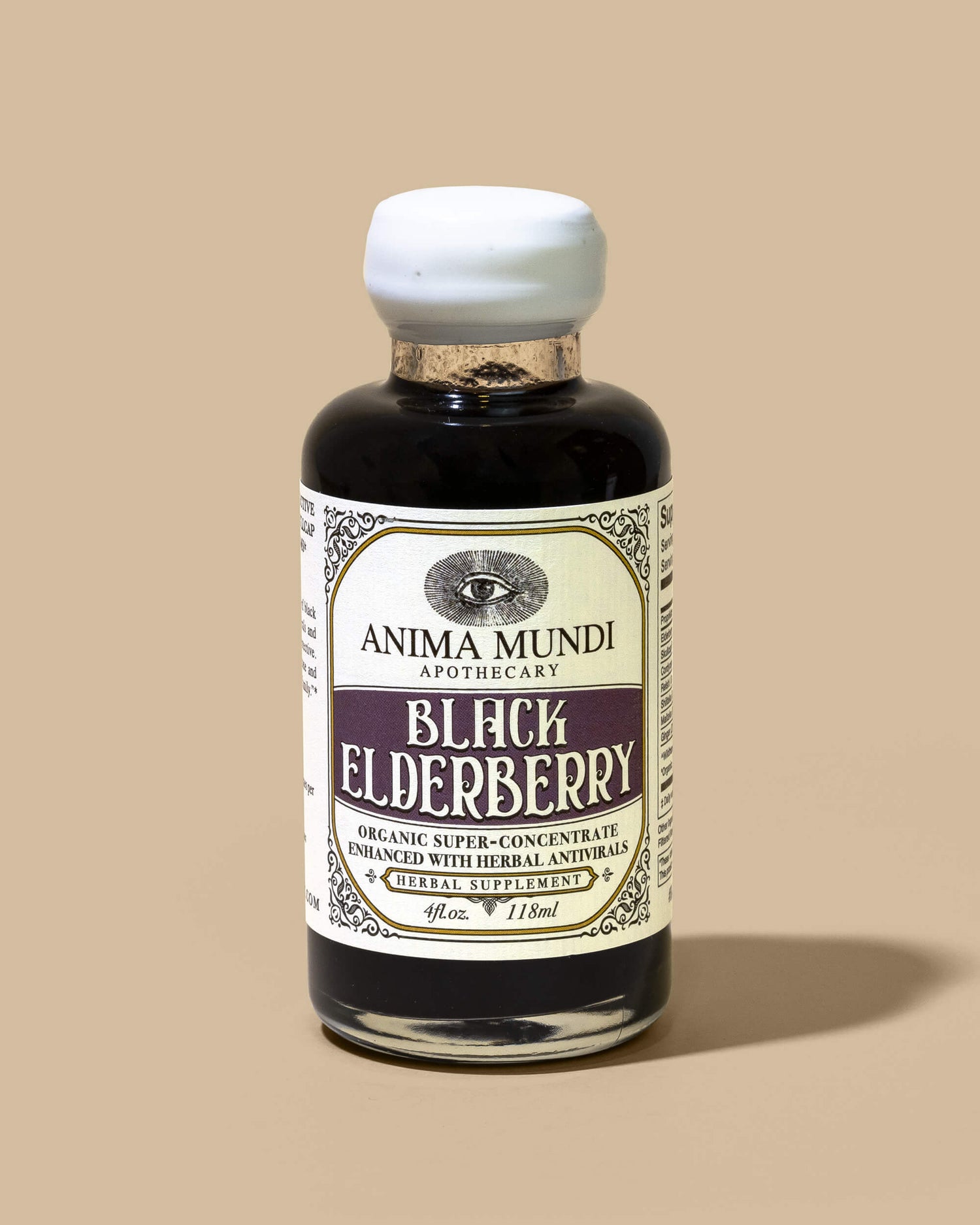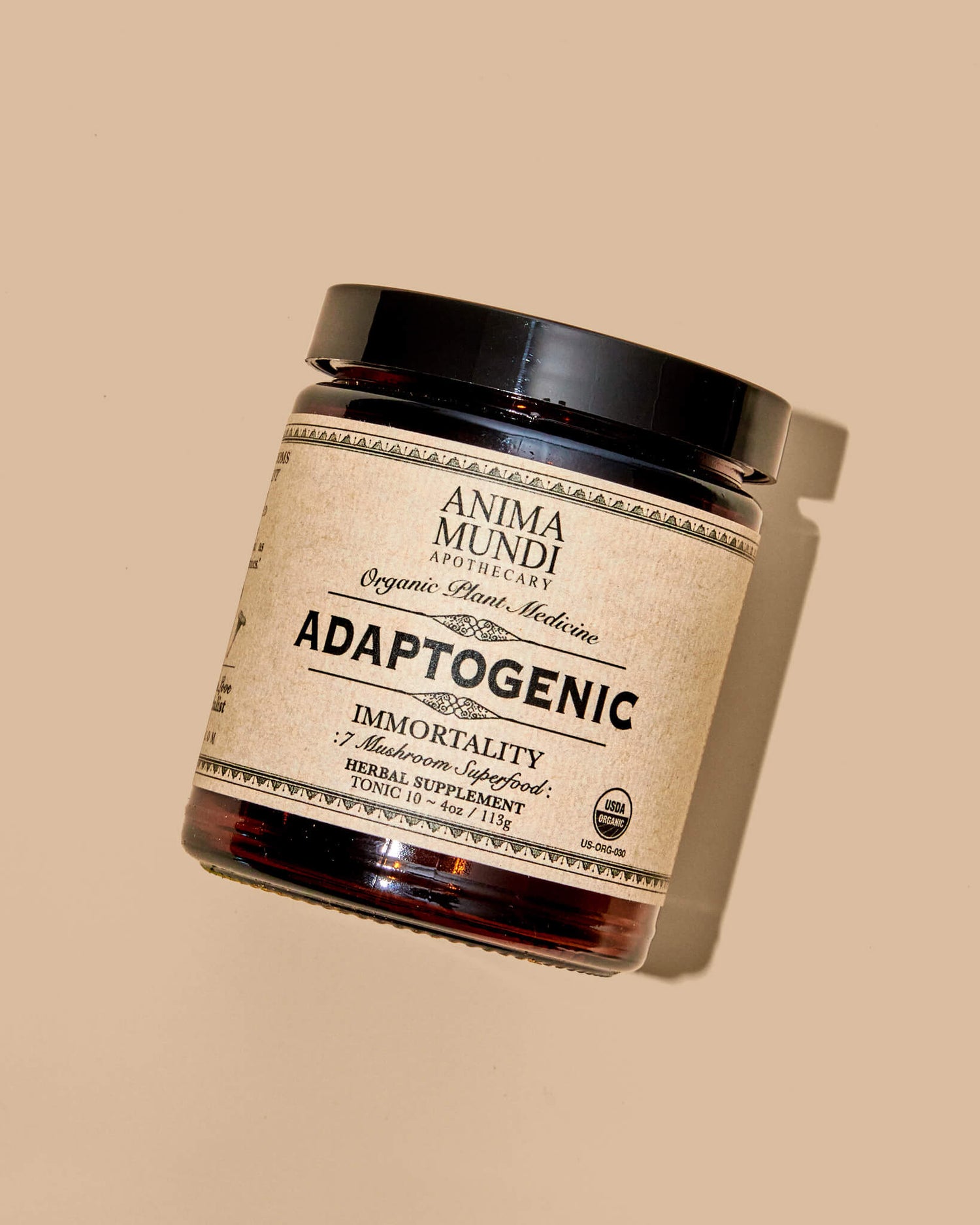"Go back for it." - Sankofa
Sankofa, an Adinkra symbol from Ghana, teaches us to look back into our past in order to move forward. This February, we are honoring the essential contributions of the African continent to the world of plant medicine. In celebrating some of the healing practices, herbs, and practitioners of the African Diaspora, we hope to positively contribute to the 2022 Black History Month theme, “Black Health and Wellness”.
Throughout the course of time and across continents, Black scholars, practitioners, and other types of knowledge keepers (naturopaths, herbalists, birthworkers, etc.) have often remained in the shadows among the world’s unsung heroes of natural and plant medicine. Read on for an intro to the traditions and plants of select African countries, plus some surprising African American and Diaspora healers you may not have known existed.
FIVE HEALING AFRICAN HERBS
 Origin: Southern Africa
Origin: Southern Africa
Used for: Treating HIV/AIDS, TB, and improving quality of life in patients with these diseases in Zambia, Swaziland, Zimbabwe, and South Africa, among other nations.
 Origin: Madagascar
Origin: Madagascar
Used for: Fighting cancer. This famous medicinal herb is an endemic plant, one of the island’s thousands of botanical wonders that exist nowhere else in the world.
 Origin: South Africa
Origin: South Africa
Used for: “A panacea” treating a range of conditions, scientists and healers have long praised this indigenous aromatic as amongst the country’s most important medicinal plants for its antispasmodic, antimicrobial, antipyretic, and cough suppressing abilities.
 Origin: South Africa
Origin: South Africa
Used for: Better known as bitter aloe or Cape aloe, this polymorphic species has been used for centuries as a laxative, chemopreventive and anti-tumor remedy, among other food, folk medicine, and cosmetic applications.
 Origin: Botswana, South Africa, and Namibia
Origin: Botswana, South Africa, and Namibia
Used for: As discussed in Bitter Roots (see our reading list below), there have been efforts to transform Hoodia into pharmaceuticals and supplements for weight loss. However, local San Bushmen have sucked on the whole fresh plant or dried parts of the succulent for generations to fight hunger and thirst during times of famine or on long hunting trips.
 Origin: East Africa
Origin: East Africa
Used for: The Lotus Flower played an important part in ancient Egyptian religion. You will find this flower prominently displayed in ancient artist imagery. Even King Tut’s mummy was covered in what has become known as the Sacred Lily of the Nile. The Blue Lotus was native to the Nile and used to be abundant as it served as a symbol of the spirit over the senses, and divine guidance.
 Beautiful Blue Lotus moment captured by Alyson Morgan
Beautiful Blue Lotus moment captured by Alyson Morgan
THREE AFRICAN DIASPORA HEALERS
NOT TO BE FORGOTTEN
 American abolitionist and Underground Railroad network creator Harriet Tubman is best known for liberating enslaved peoples. She was also a very knowledgeable naturalist who used the plants around her and leveraged herbalism as an aid for the people she was responsible for rescuing. Read more in Farming While Black (see our reading list below).
American abolitionist and Underground Railroad network creator Harriet Tubman is best known for liberating enslaved peoples. She was also a very knowledgeable naturalist who used the plants around her and leveraged herbalism as an aid for the people she was responsible for rescuing. Read more in Farming While Black (see our reading list below).
 The first self-made female millionaire in the United States, as well as one of the first self-made Black millionaires, Madam C.J. Walker’s legacy has been well documented in television and books honoring her achievements. Her health and beauty products were herb-based at a time when harmful chemicals were damaging Black hair and health.
The first self-made female millionaire in the United States, as well as one of the first self-made Black millionaires, Madam C.J. Walker’s legacy has been well documented in television and books honoring her achievements. Her health and beauty products were herb-based at a time when harmful chemicals were damaging Black hair and health.
 Celebrity herbalist. Holistic Honduran healer. Conspiracy victim. These are just some of the names associated with Dr. Sebi, whose alternative methods were alleged to cure patients of diabetes, AIDS, cancer, and other ailments through diet and other non-pharmaceutical means. Check out Dr. Sebi’s book on alkaline medicine, a must read for herbal enthusiasts, also on our own bookshelves and our suggested reading list below.
Celebrity herbalist. Holistic Honduran healer. Conspiracy victim. These are just some of the names associated with Dr. Sebi, whose alternative methods were alleged to cure patients of diabetes, AIDS, cancer, and other ailments through diet and other non-pharmaceutical means. Check out Dr. Sebi’s book on alkaline medicine, a must read for herbal enthusiasts, also on our own bookshelves and our suggested reading list below.
BONUS: AFRICAN PLANT MEDICINE
OUR SUGGESTED READING LIST
For a deeper dive, check out our top picks for introducing to your February book club during Black History Month. Of course, Black history is 24/7 and 365, so we encourage you to learn more about ancestral African diaspora health and wellness all year round!


















